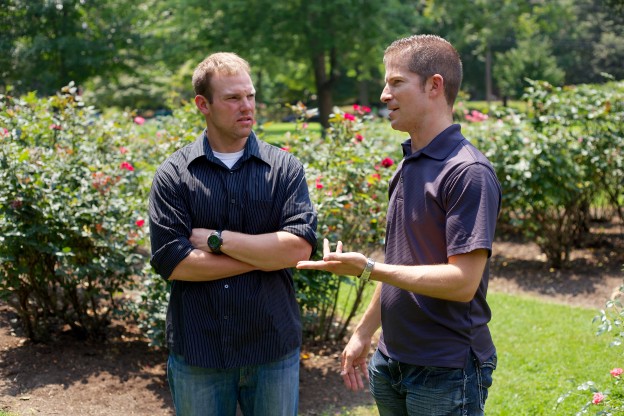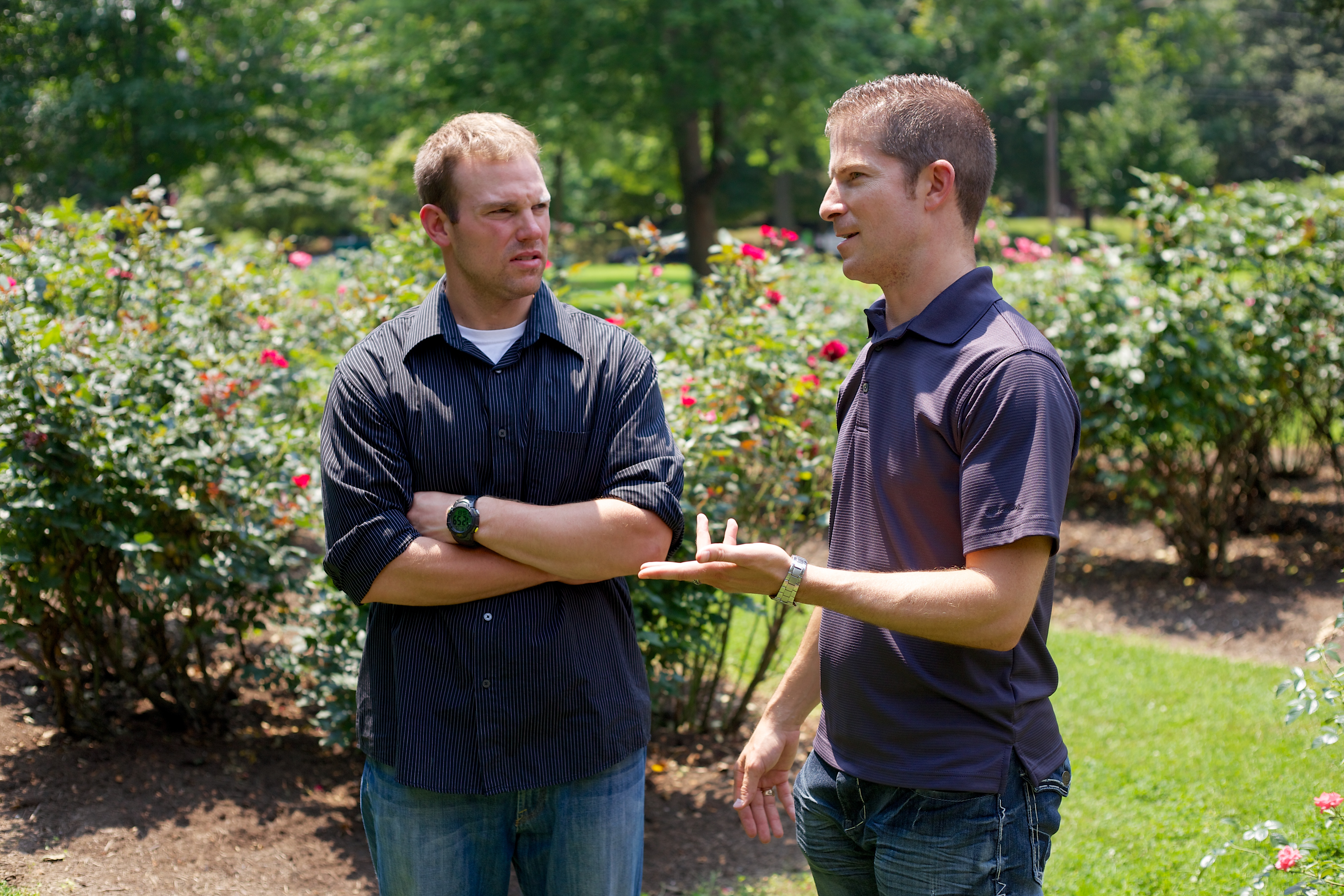Tag Archives: hypergrace

Exploring the Legalism-Hyper-grace spectrum – Part 2
April 1, 2014
In Part 1 of our blog series, we prefaced the spectrum (hyper-grace to legalism) of thinking in the American church and uncovered a few biblical truths that are too often passed off as hyper-grace postures. In this entry, we’ll likewise expose biblical principles that put on the façade of legalism, but in actuality convey the truth of the Gospel.
Three Trouble Areas:
One Way, One God
In a universal world, many roads lead to heaven, but in a biblical world, with a narrow gate (Matthew 7:13-14) there is actually only one way to heaven. I suppose it’s a matter of what world you choose to live in. Confessing an “exclusive” perspective on this point is NOT legalism, it’s scriptural. In fact, Jesus declares in the above Matthew verse that “wide is the gate and broad is the road that leads to destruction, and many enter through it.” This doesn’t need to be condemning but it does speak to the exclusivity of how we can approach God the Father. Through Jesus. Period.

Exploring the Legalism-Hyper-grace Spectrum- Part 1
March 19, 2014We’ve all probably heard of both extremes of this spectrum in the Church. Hyper-grace has been identified by many of the Church’s watch dogs as a theology which focuses too much on grace and dismisses things like discipline, transformation and repentance. Legalism, likewise, is often seen as a traditionalist, ultra-conservative view that seemingly points more frequently to Old Covenant theology and assuages the redemptive work of Jesus.
Perhaps the key in this is finding moderation between the extremes and exposing falsehoods put out by either side, while even debunking myths that masquerade as extreme, but contain biblical truths.
While exploring the Legalism to Hyper-grace spectrum , it’s important to note that finding moderation between the extremes is in no way hiding or finding the politically correct ground; this isn’t a centrist view, in fact, it’s far from it, this is seeking out and finding the truth between the extremes. In the same manner, we must not abandon boldness in our search for moderation. In other words, moderation, in this case, is not non-confrontational, it’s bold.
